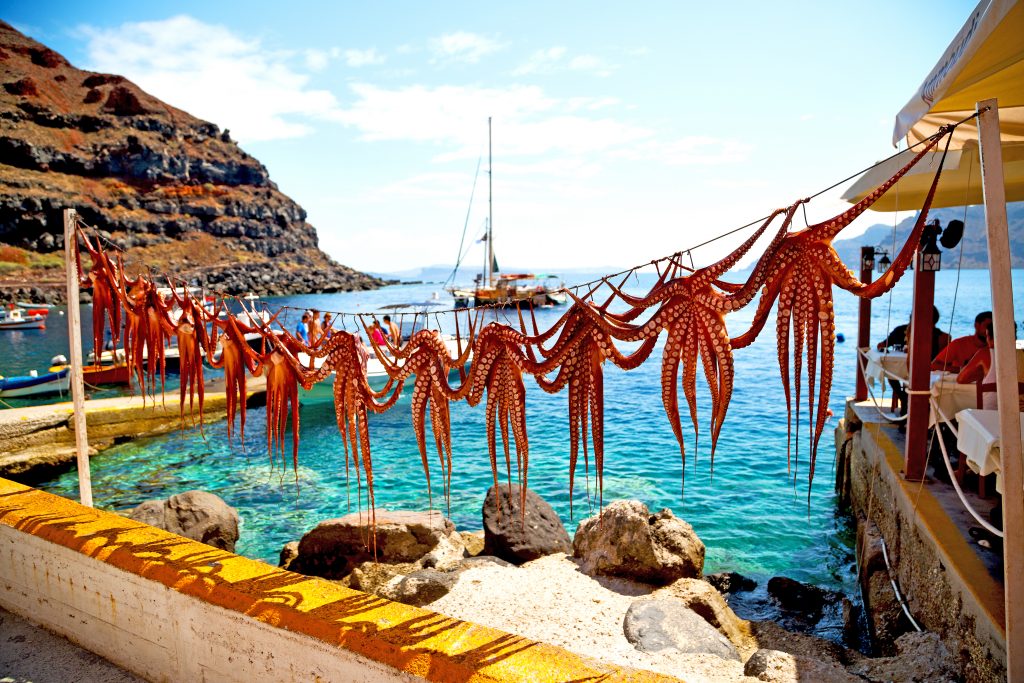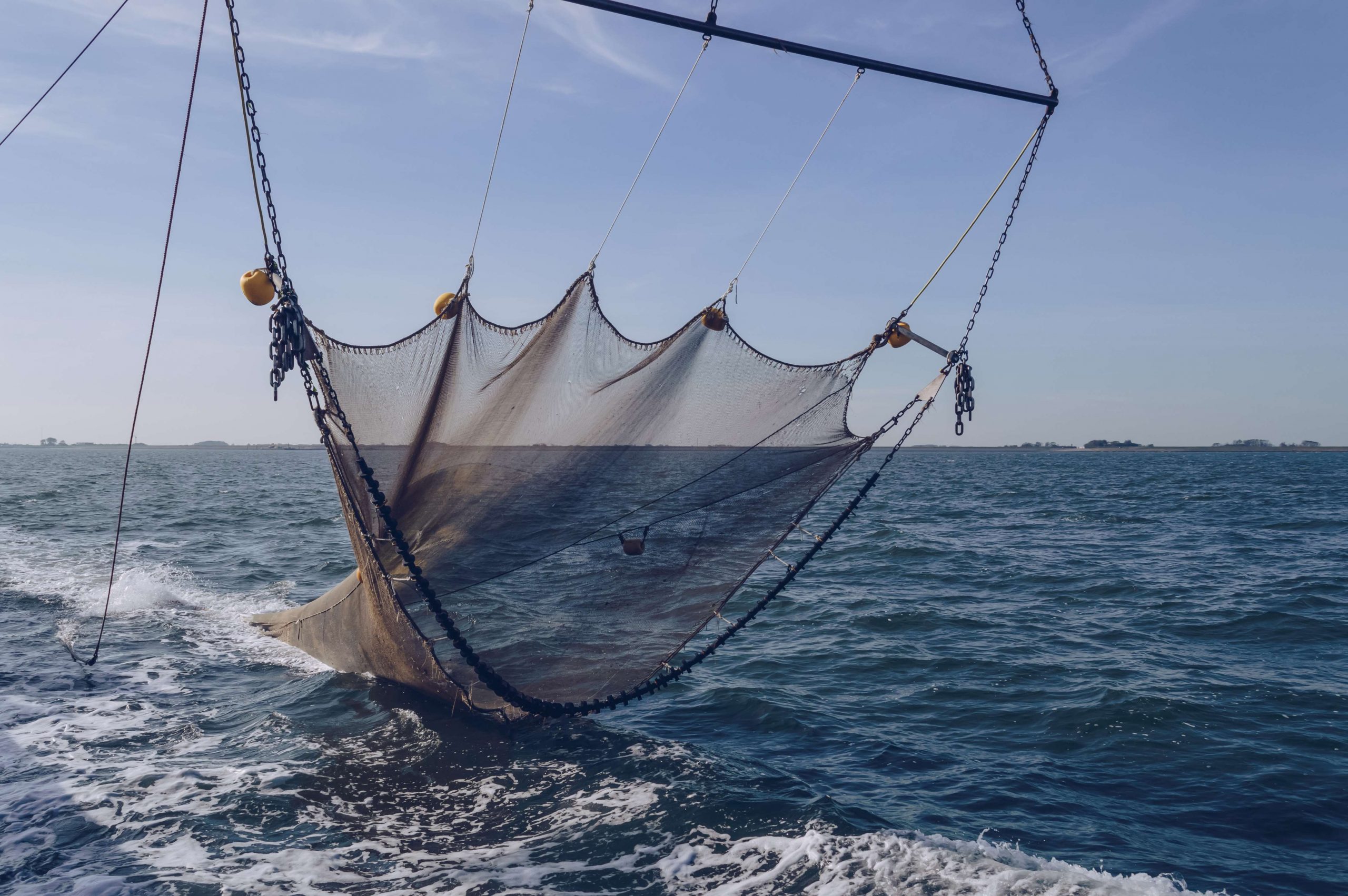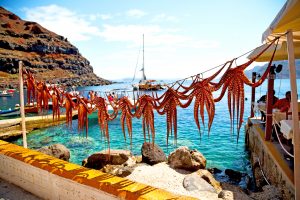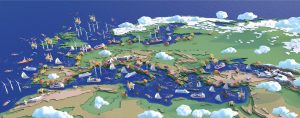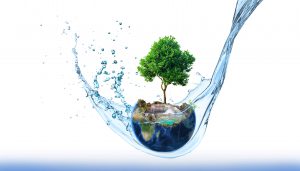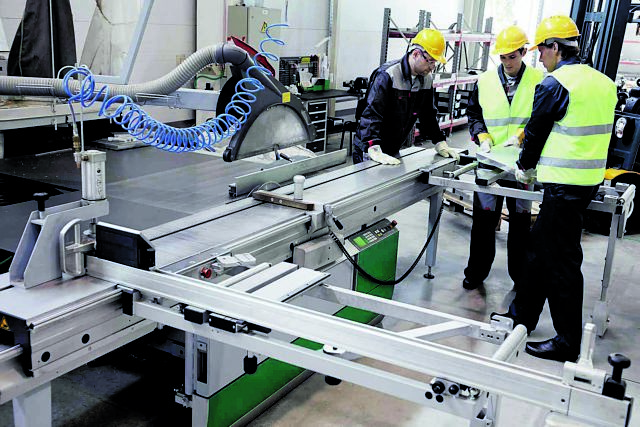Last week, Greece was the first European country to outright ban bottom trawling in its Marine Protected Areas (MPAs), which earned the applause of environmental protection agencies and international media, but left many citizens scratching their heads.
Is it really possible that one of the world’s most destructive fishing methods is allowed in Greece’s and Europe’s MPAs?
Yes, well, sort of. Restrictions are in place on bottom trawling throughout Europe, but Greece is the first country to establish a ban on it in MPAs and is well ahead of the European Union’s non-binding target to phase it out in MPAs by 2030.
Commenting on the move and the need to urgently regenerate the marine environment, the General Secretary of Greece’s Ministry of the Environment Petros Varelidis said, “It is time for us to focus on the biggest threats. Bottom trawling literally excavates the sea.”
Bottom trawling involves dragging heavy fishing nets along the ocean floor, ripping habitats apart. Moreover, while the sea is commonly regarded as a carbon sink, scientists say digging it up releases tremendous amounts of carbon dioxide into the sea and eventually into the atmosphere, thus contributing to global warming.
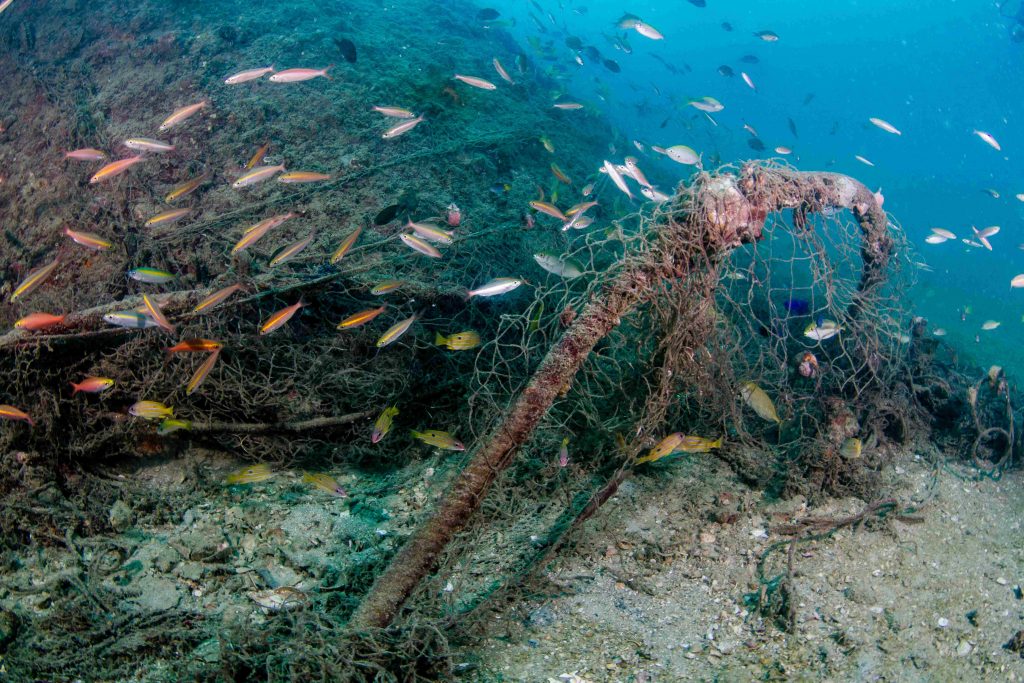
Abandoned ghost fishing net left at the bottom of the ocean that causes environmental problems and damages marine life.
Greece’s Commitments
According to the International Union for Conservation of Nature (IUCN), MPAs are areas of the oceans and seas set aside for long-term conservation aims also in an effort to offer nature-based solutions in support of global efforts to adapt to and mitigate climate change.
However, the rules governing what is allowed in most MPAs are loose, and their management is even looser. Only a very small percent of the world’s MPAs are “no-take MPAs”, meaning they do not allow fishing, mining, drilling, or other extractive activities.
However, the IUCN is a powerful advocate for strictly protected MPAs, because “coastal carbon habitats (mangroves, seagrasses, salt marshes) can ensure that no new emissions arise from the loss and degradation of these areas. At the same time, they stimulate new carbon sequestration through the restoration of degraded coastal habitats.”
Flexing Greece’s leadership in ocean governance at the Our Ocean Conference, Prime Minister Kyriakos Mitsotakis announced the establishment of a large Marine National Park in the Ionian Sea alongside the ban on bottom trawling in MPAs. The marine park will seek to protect sea mammals including sperm whales, striped dolphins and monk seals in an area that covers 11.72% of Greek territorial waters.
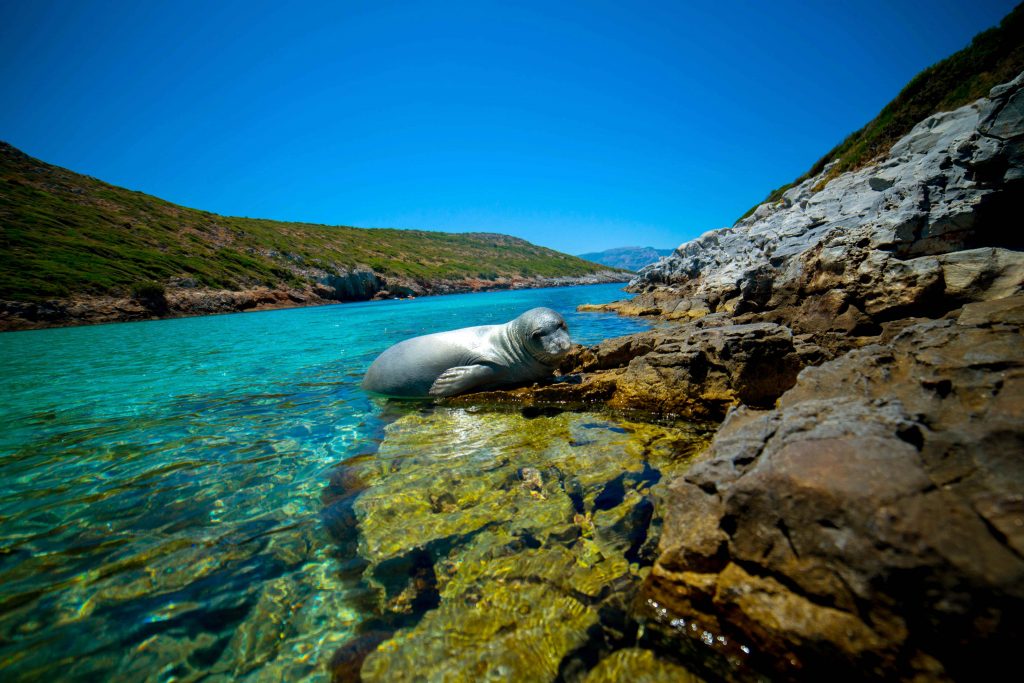
A Mediterranean monk seal in the shores of Samos island, eastern Aegean.
Additionally, Greece announced the establishment of an 8,200 square kilometer Marine Protected Area in the South Aegean. The new MPA covers 6.61% of Greek waters, though it is somewhat fragmented given Greece’s proximity to neighboring Turkey and the MPA being confined to Greece’s territorial waters, as defined by the United Nations Convention on the Law of the Sea (UNCLOS).
The Prime Minister also pledged 780 million euros to increase the area within MPAs by 80%, to introduce new technologies to monitor and enforce the rules, and to ban certain fishing practices including bottom trawling.
Specifically, bottom trawling will be banned in 70-80% of all of Greece’s territorial waters by 2026 and in all protected areas by 2030.
The Challenges
Establishing the MPAs is one thing, enforcing the rules quite another. “We need surveillance and control. Bottom trawling is forbidden in certain areas and in Posidonia seagrass areas, but it is happening anyway. It is hard to patrol,” says Varelidis. Greece plans to use drones, micro satellites and real-time data from fishermen to this end.
Commenting on the management and enforcement of MPAs at the Our Ocean Conference, the CEO of the World Wildlife Foundation (WWF) in Greece, Demetres Karavellas, reveals that the issue is actually bigger than monitoring and enforcement.
“MPAs in Greece have very little management in place. We need a legal framework saying what is allowed and not allowed, we must stick to the rules, we need to be science-based, we must engage with society and we need to work with fisheries and local areas,” Karavellas noted.
Executive Director of Greenpeace Greece, Nikos Charalambides, added, “You can’t have oil and gas exploration and concessions in marine protected areas. It is one or the other – not both. We need to put our egos aside and share our mistakes. We need to move fast and take care not to use a lack of data as an excuse for not doing what we need to do.”
On the use of funding from the European Recovery and Resilience Facility (RRF) to fund the establishment and monitoring of MPAs, Karavellas cautions, “A lot of funding is coming from the RRF, but how can we sustain this long term?”
Talking about the management and monitoring of MPAs on a global level, Karavellas suggests that “We need to be open to accountability mechanisms to track what is actually happening. We need to be clear about the red lines. And then we have to hold the governments accountable.”
The Broader Mediterranean Context
In terms of the worldwide targets of the 30×30 initiative, in the context of which over 100 countries have promised to have designated 30% of the earth’s land and oceans as protected areas by 2030, we are a long way behind, according to Vice President and CEO of the Prince Albert II of Monaco Foundation (PAF2), Olivier Wenden.
“At this rate, we will need 40 MPAs per day between now and 2030 to reach the 30% goal,” Wenden explained. “Currently, just 10% of the Mediterranean region is protected.”
“The Mediterranean Sea is suffering from a triple crisis: climate change, loss of biodiversity and plastic pollution,” which makes it seem almost impossible to achieve the 30 x 30 goal. But Wenden points out that any hope we have of getting where we need to be lies in improved coordination, working with professionals or private companies that can perform relevant tasks better than governments, and using data.
“We can’t just establish MPAs. We need to see if MPAs are working […]. We have to work hard and admit our failures. Transparency is key,” added Wenden. Unfortunately, according to Wenden, there are very few efficiently run MPAs in the Med, and managing MPAs in the Med effectively is complicated by the same space being shared by multiple stakeholders.
This notion was seconded by the Coordinator of the United Nations Environmental Protection Mediterranean Action Plan (UNEP/MAP), Tatjana Hema, who said “We have MPAs and some have management plans, but they aren’t being implemented.”
Lessons Learned from the ‘Pelagos Sanctuary’
Wenden speaks from experience, as PAF2 joined forces with the WWF, the IUCN and the Mediterranean MPA Network (MedPAN) to create the Pelagos Sanctuary, the first transboundary area in the Med dedicated to the protection of marine mammals.
Covering 87,500 km2 between France, Monaco and Italy, Pelagos is home to remarkable biodiversity with various species of whales and dolphins, some of which are on the IUCN red list of threatened species.
But climate change, heavy maritime traffic, and heavily populated tourist destinations along most of the Sanctuary’s coastline pose threats that put pressure on organisms and ecosystems, says the Pelagos project, further attesting to the need for MPAs that actually serve their purpose.
Returning to Wenden’s comments about the need for more MPAs, he notes that even though the PAF2 boasts a fund of 26 billion euros to support the sustainable management of MPAs in the Mediterranean, and already has over 200 projects already up and running, more funds will be needed. “Nothing can be done without the help of the private sector and philanthropy.”
In an effort to raise public awareness of the importance of MPAs, Clément Lavigne, Director of Ocean Policy at Monaco’s Oceanographic Institute, said they intend to use aquariums as a platform for raising the profile of MPAs and engaging with new stakeholders.
“Aquariums have millions of visitors per year, so they are a good tool.” And as the Oceanographic Institute cultivates partnerships with aquariums across Europe with a view to jointly staging activities advocating for MPAs, a collaboration between the Institute and an aquarium in Greece may soon be on the cards.
